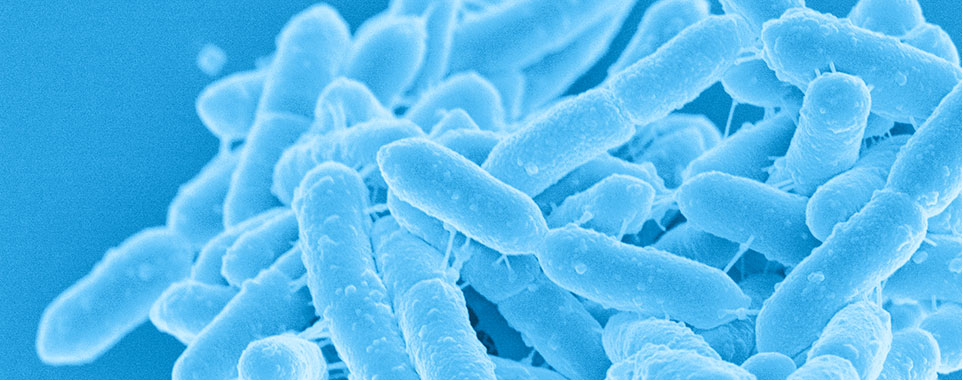2022.08.18
Metabolome analysis service
Metabolism refers to chemical reactions that occur in the body that are indispensable for maintaining life. And, the ter…

Bacteroides vulgatus and Bacteroides dorei are predominant and anaerobic rod-shaped bacteria that are isolated from the human intestine. NOSTER has revealed that these two species not only have anti-inflammatory effects on intestinal and vascular tissue but also contribute to prevention of coronary artery disease (CAD), in collaboration with Tomoya Yamashita at the Kobe University Medical School, who identified the bacteria 9).
We have proceeded with developing microbial pharmaceutical production while cultivating Bacteroides strains in approximately 50 micrometers diameter droplet with microfluidic technology. NOSTER has the plan to confirm the depression effect on arteriosclerosis in proof of concept (POC) and to conduct clinical tests, where the strains is orally administered to CAD patients.
At NOSTER, we are developing a microbial preparation in which the Bacteroides strain was cultured in a microdroplet of 50 µm-diameter using microfluidic technology. We are planning to conduct clinical trials to directly administer these Bacteroides strains to patients with coronary artery disease.
Reference
9) Yoshida, N. et al. Circulation 138, 2486-2498 (2018).
2022.08.18
Metabolism refers to chemical reactions that occur in the body that are indispensable for maintaining life. And, the ter…
2022.08.17
Our bodies (skin, oral cavity, digestive system and various other parts of the body) are home to a vast number [……
2020.11.02
Currently, diabetes is treated with drugs that control blood sugar levels, but it not these drugs that treats diabetes i…
2020.11.02
More than 1,000 species including over 100 trillion gut microbes coexist and form varieties of microorganism-ecosystems …